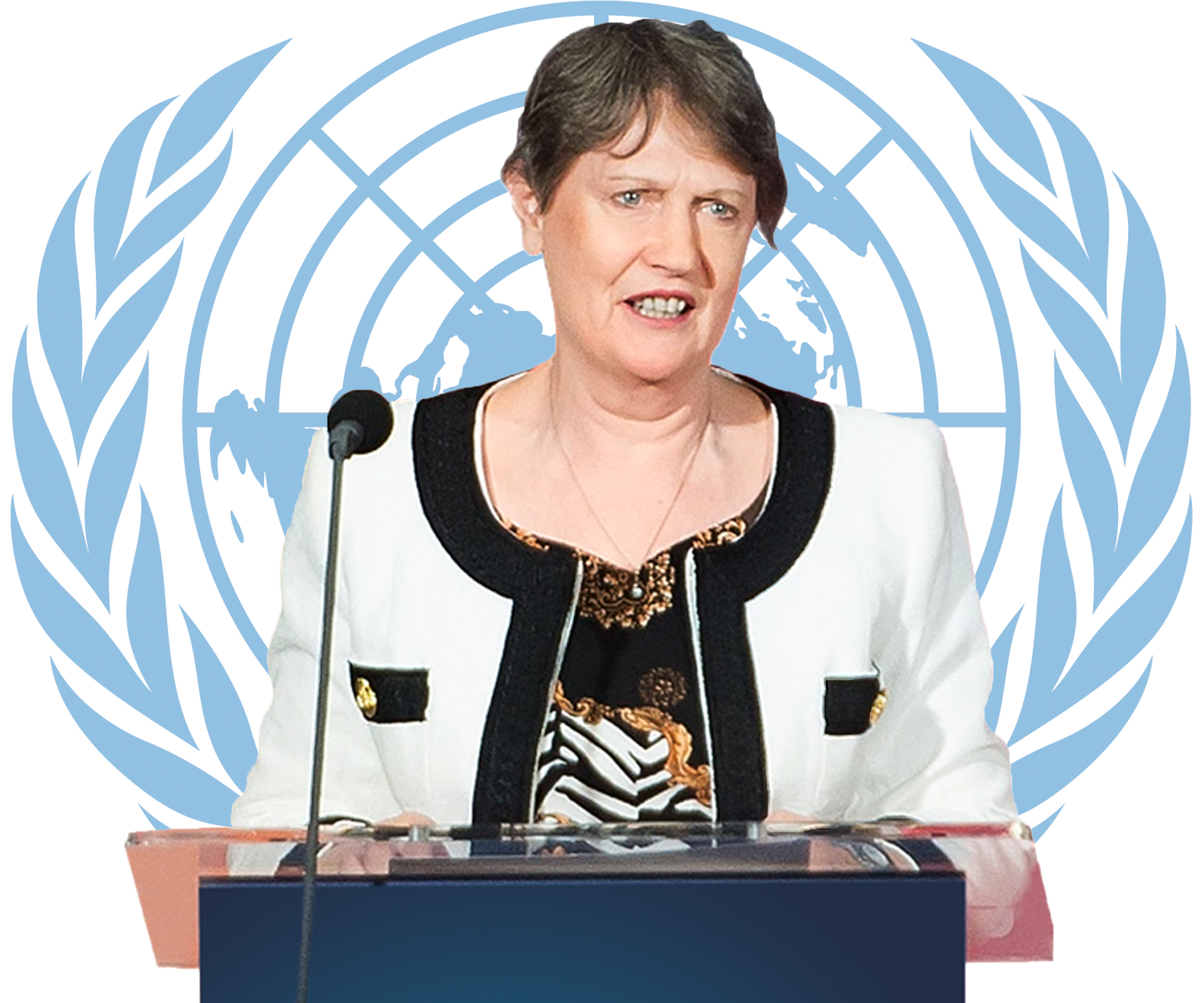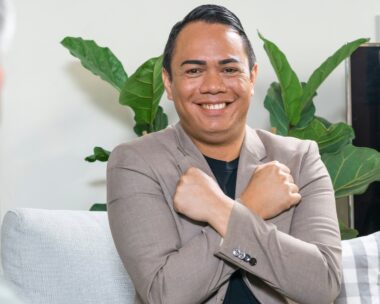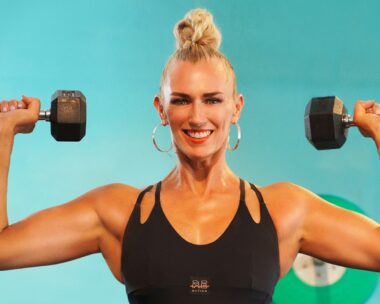Where is the best place to be in a man’s world? Do you stay in it, or do everything you can to get out of it? It’s a question I want to pose to Helen Clark although I’m pretty sure I can predict her response. She’d give a wry smile and say “Well, I think the best place to be in a man’s world is right in the thick of it”, and she would be bang-on.
In the male-dominated, corrupt and cut-throat world of international politics and diplomacy, the best place for Clark to be is at the table challenging those who are either too passive or too uninterested to help the UN achieve its stated objective: maintaining international peace and security, and preserving human life.
Clark is undoubtedly the most qualified candidate for the role of UN secretary-general.
She is the third highest-ranked diplomat at the UN and is highly regarded for her management of its Development Programme, a position she has held since 2009.
But the top job would bring a raft of challenges quite unlike anything Clark has ever faced. She would be responsible for what has become an underachieving, tardy, inefficient, bureaucratic and at times impotent beast of an organisation.
Its failings, at times, have had catastrophic consequences. The UN has unquestionably failed millions and millions of people.
Its inaction during the horrific brutality of the Rwanda genocide was arguably its greatest failure to mankind, but there have been others.
Its inexplicable decision to stand back as more than 8000 Muslim men and boys were massacred at Srebrenica in the Bosnian War is another.
In the past five years, the people of Syria and Iraq have suffered greatly in an unchecked conflict that has seen millions of people flee their homes to live as refugees. Again, another failing, in part, of the UN Security Council.
It is into this fraught breach that Clark will potentially step.

Is she up to it? Absolutely. Clark is well versed in fighting for what many would see as unachievable or irreversible. She has the experience to run the UN and improve its credibility and relevance.
And, crucially, Clark is not afraid of a fight.
Much of her early political life was spent fighting to be acknowledged, accepted and understood.
She was a young, politically active, outspoken feminist and in the 1970s her views on gender equality, humanitarian issues and social policy were ahead of their time. She was never going to attract the popular vote. Instead, she polarised it and paid dearly.
The criticisms, personal attacks, slander and scrutiny Clark has shouldered must be among the worst inflicted on any New Zealand politician. Yet she has stayed on the front line.
She became the first elected female prime minister in 1999, which required courage, ambition and a fiercely intelligent mind.
That is what makes Clark different. She stayed in the ring. She knows if you want to keep fighting the fight, you’ve got to keep lacing up the gloves, and that’s what makes Clark a brilliant candidate. She will face opposition and overwhelming resistance to change, but she will keep fighting.
That said, Clark cannot overhaul the UN on her own. The bureaucracy, the geopolitics, the corrupt world leaders who have crippled the organisation in the past will likely continue to try to do so. But she will be stoic in the face of humanitarian need, escalating conflicts, and some of the great injustices women suffer the world over.
She will be swift to criticise, fast to act and will call for greater accountability, but again that will come at a price. If appointed, Clark is likely to face greater scrutiny because she’s a woman. But she’s a negotiator, she’s erudite and she’s tough. And she has more than proven herself in what has historically been a man’s world.
If Clark does become secretary-general, she’ll do everything in her power to make the world a better place. That’s something, as New Zealanders, we can be proud of.
Words: Rachel Smalley



